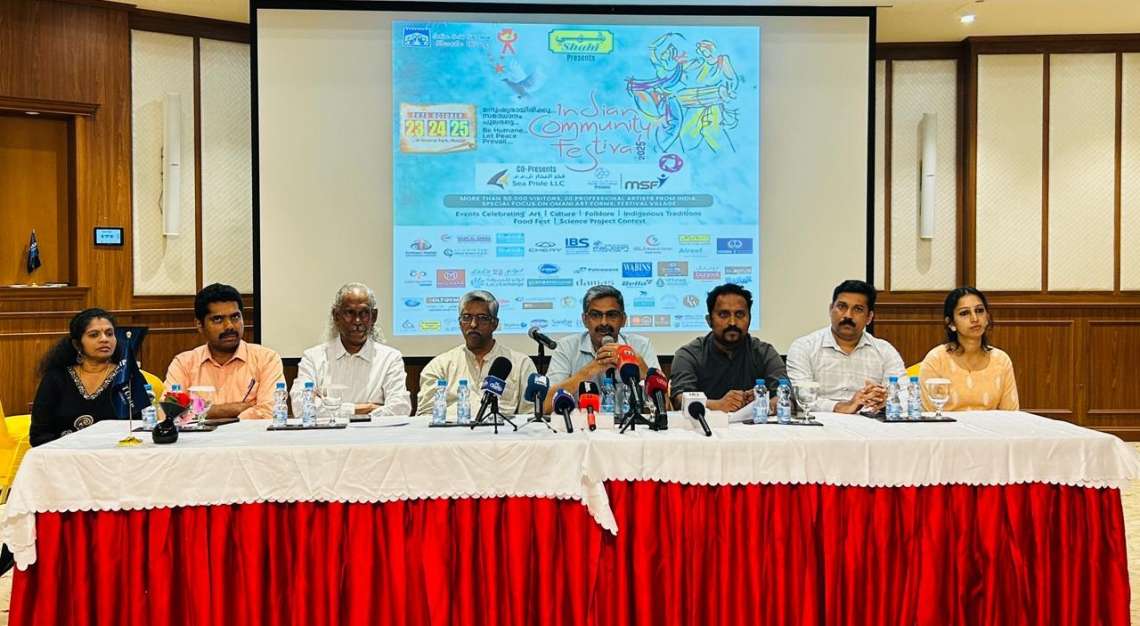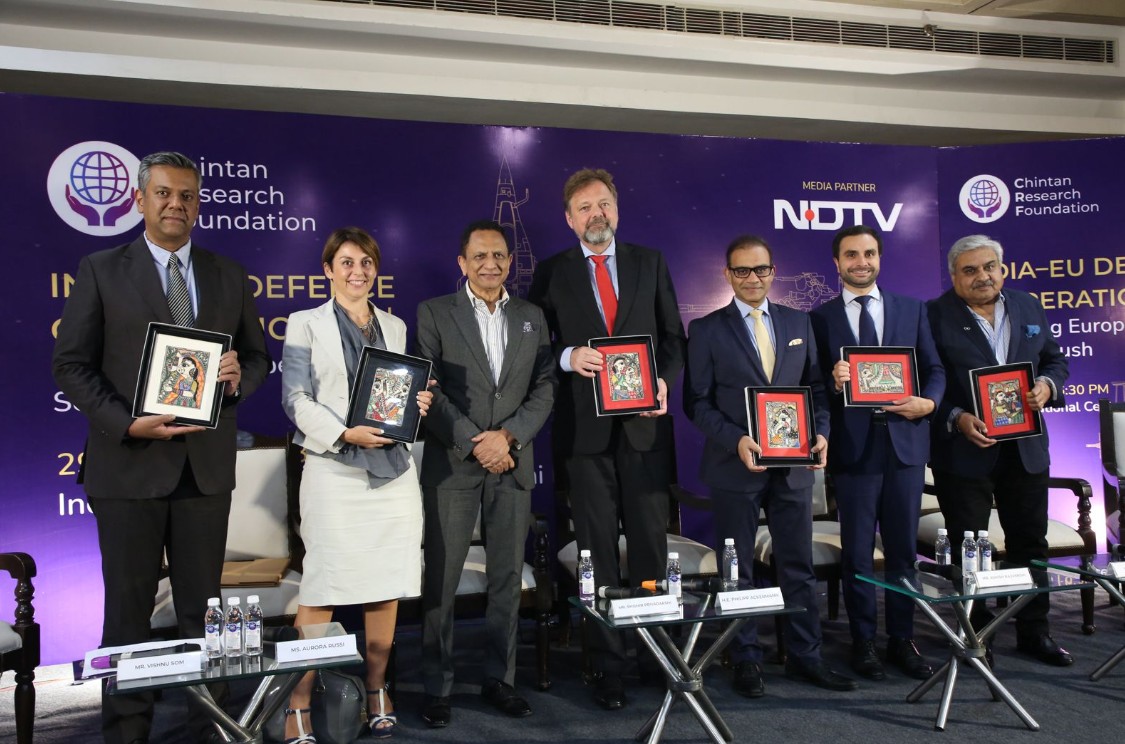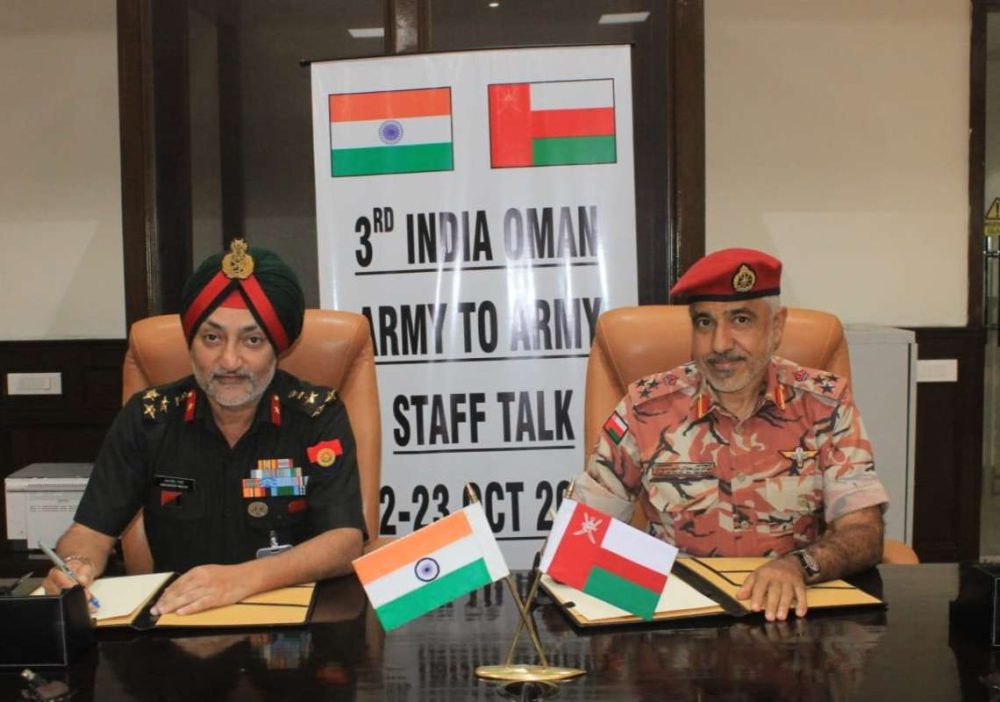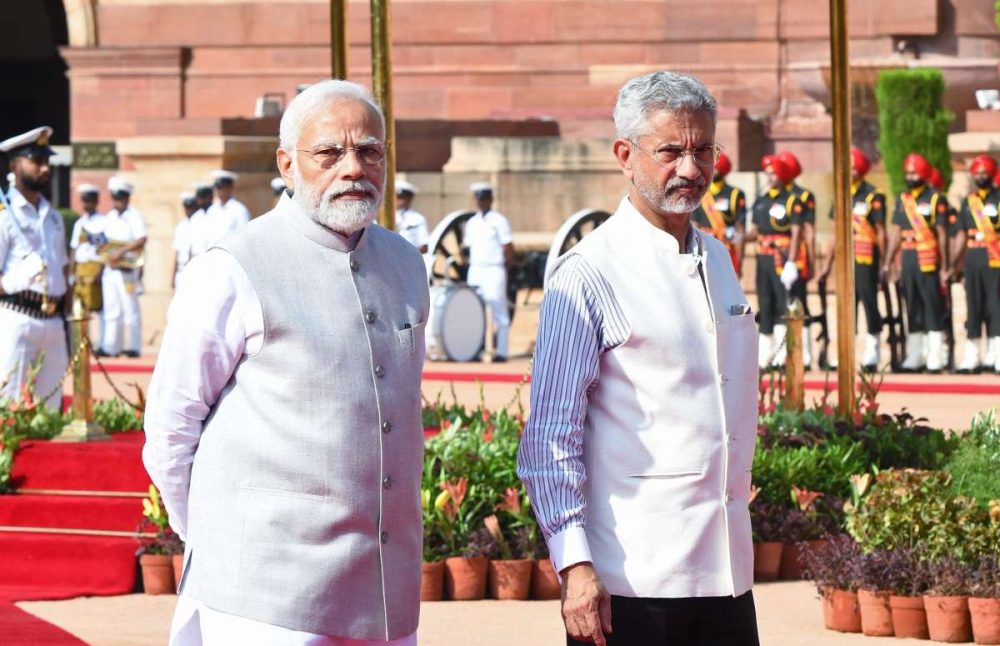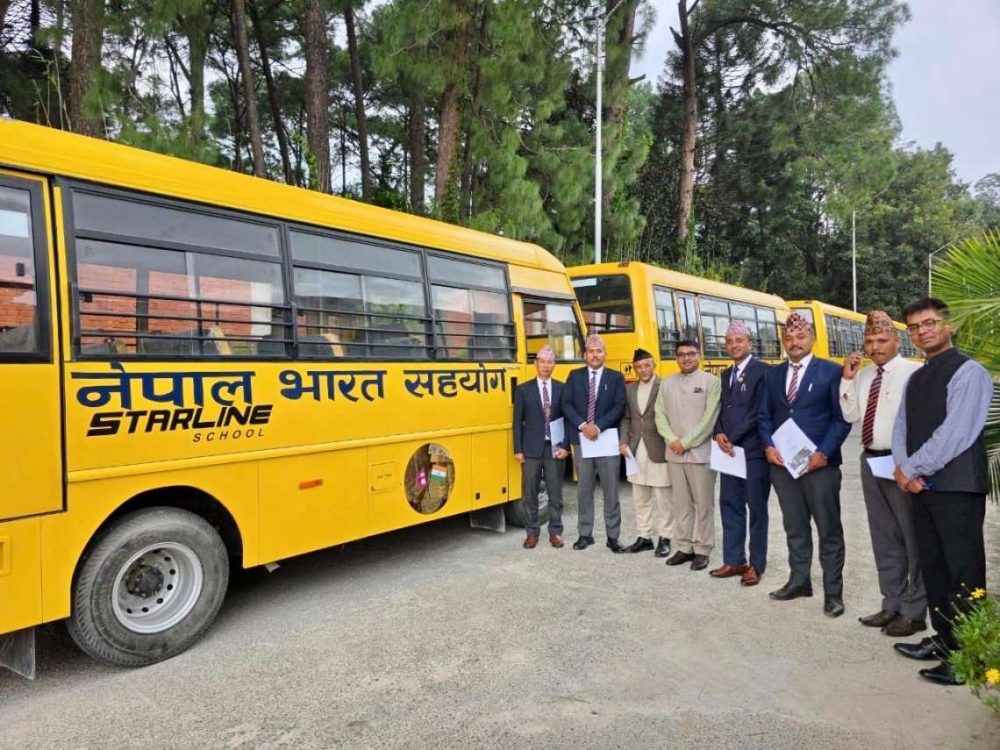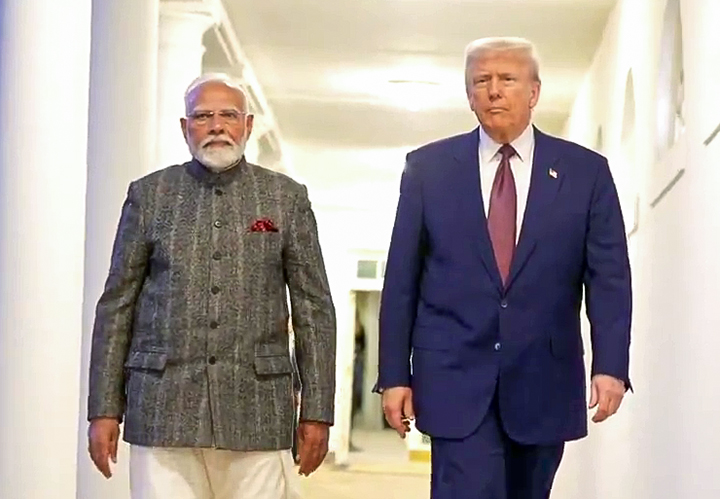Church leaders, priests, and nuns in Kerala march in silence to the Governor’s house, protesting BJP-led Chhattisgarh government’s arrest of two nuns on dubious charges.
Outrage over the arrest of two Kerala-based Catholic nuns in Chhattisgarh escalated as hundreds of protesters, led by senior Church leaders, marched silently to the official residence of Kerala Governor Rajendra V. Arlekar. Donning black cloths across their mouths, bishops, priests, nuns, and laypersons from various Christian denominations joined the demonstration, denouncing what they called an unjust and communal crackdown under the Bharatiya Janata Party (BJP)-ruled Chhattisgarh government.
The demonstration, coordinated by the Kerala Catholic Bishops’ Conference (KCBC), was spearheaded by its President, Major Archbishop-Catholicos Mar Baselios Cardinal Cleemis. Addressing the gathering, Cleemis described the continued imprisonment of the two nuns as “deeply disturbing” and a blow to the secular fabric of the nation.
“We are here because two innocent nuns have been kept in jail for six days with no wrongdoing proved. It’s painful and shameful that this has happened in a country that guarantees freedom of religion,” said Cleemis. “India’s secularism is not just a constitutional promise—it is the soul of our unity. What is happening today betrays that promise.”
Cardinal Cleemis directly questioned the logic behind allegations of religious conversion, often cited in such cases. “If conversions were rampant, how is it that Christians still make up only around 2.4 per cent of India’s population, even after 2,000 years of presence in this land?” he asked, drawing strong applause from the crowd.
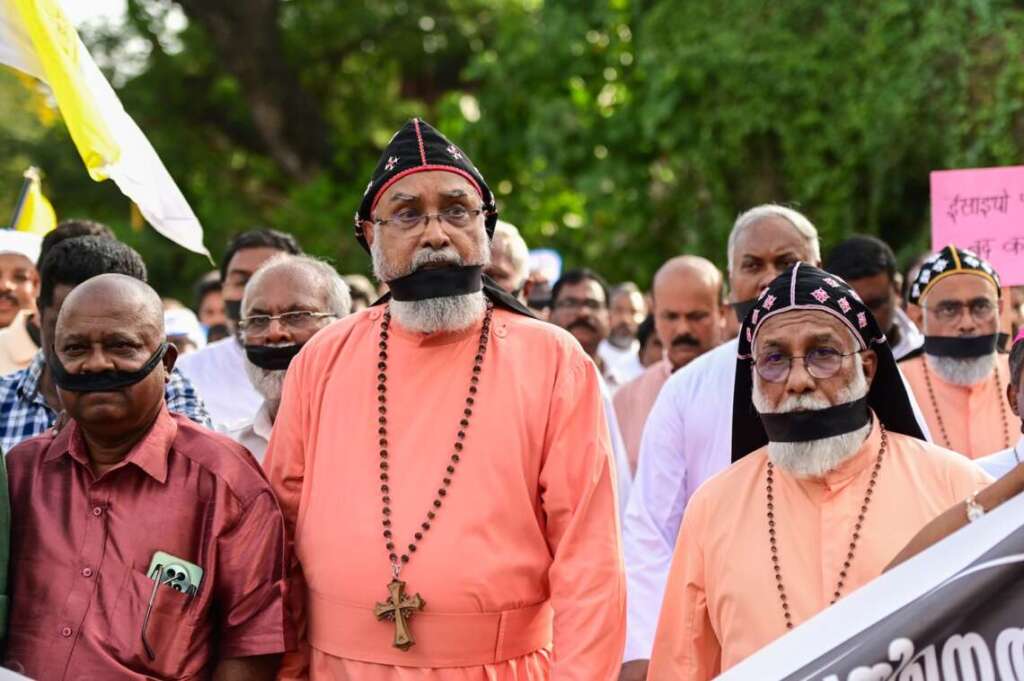
The two nuns, arrested by the Chhattisgarh police in connection with alleged human trafficking and religious conversion charges, remain lodged in Durg jail. A Sessions Court on Wednesday refused to entertain their bail plea, citing lack of jurisdiction under the National Investigation Agency (NIA) Act, and asked the petitioners to approach the designated NIA Bench at the Chhattisgarh High Court in Bilaspur.
Despite pleas from the defence counsel, the lower court maintained that only the special court could take up the matter under provisions of the NIA Act, dealing a legal setback to the nuns.
The issue has triggered a political storm, particularly in Kerala, where the BJP has in recent years sought to broaden its base among Christian communities. However, the party finds itself under mounting scrutiny following the episode.
On Tuesday, Kerala BJP president and Union Minister of State Rajeev Chandrasekhar attempted damage control by stating that the arrests were based on a “miscommunication” and that “neither trafficking nor religious conversion had taken place.” Speaking in Delhi after meeting Prime Minister Narendra Modi, Chandrasekhar said, “The BJP will stand with the nuns till they get justice. If needed, I will personally visit Chhattisgarh.”
Yet, the BJP’s internal contradictions were laid bare when Congress MLA Roji M. John, currently in Chhattisgarh, pointed out discrepancies in the party’s stance. “While Kerala BJP leaders are assuring support, the public prosecutor in court today strongly opposed the bail plea. Their hypocrisy stands exposed,” he said.
Meanwhile, Congress general secretary K.C. Venugopal slammed the BJP leadership in a sharp social media post: “The PM and Kerala BJP wax eloquent about their newfound love for Christians, but in reality, have venom in their hearts against minorities.”
Church leaders and Christian organisations say they will not relent in their efforts to secure justice. Cleemis assured the gathering that the Christian community will continue its service to the country with dignity and resolve.
“We will not be intimidated. Our work is guided by compassion, not conversion. We are here to serve society and uphold the values of this nation. I hope that wiser counsel prevails and this crisis ends swiftly,” he said.
As dusk fell on the Kerala capital, the silent marchers dispersed—but the message was loud and clear. India’s Christians, often accused and marginalised, are prepared to raise their voices, even through silence, when justice is denied.



